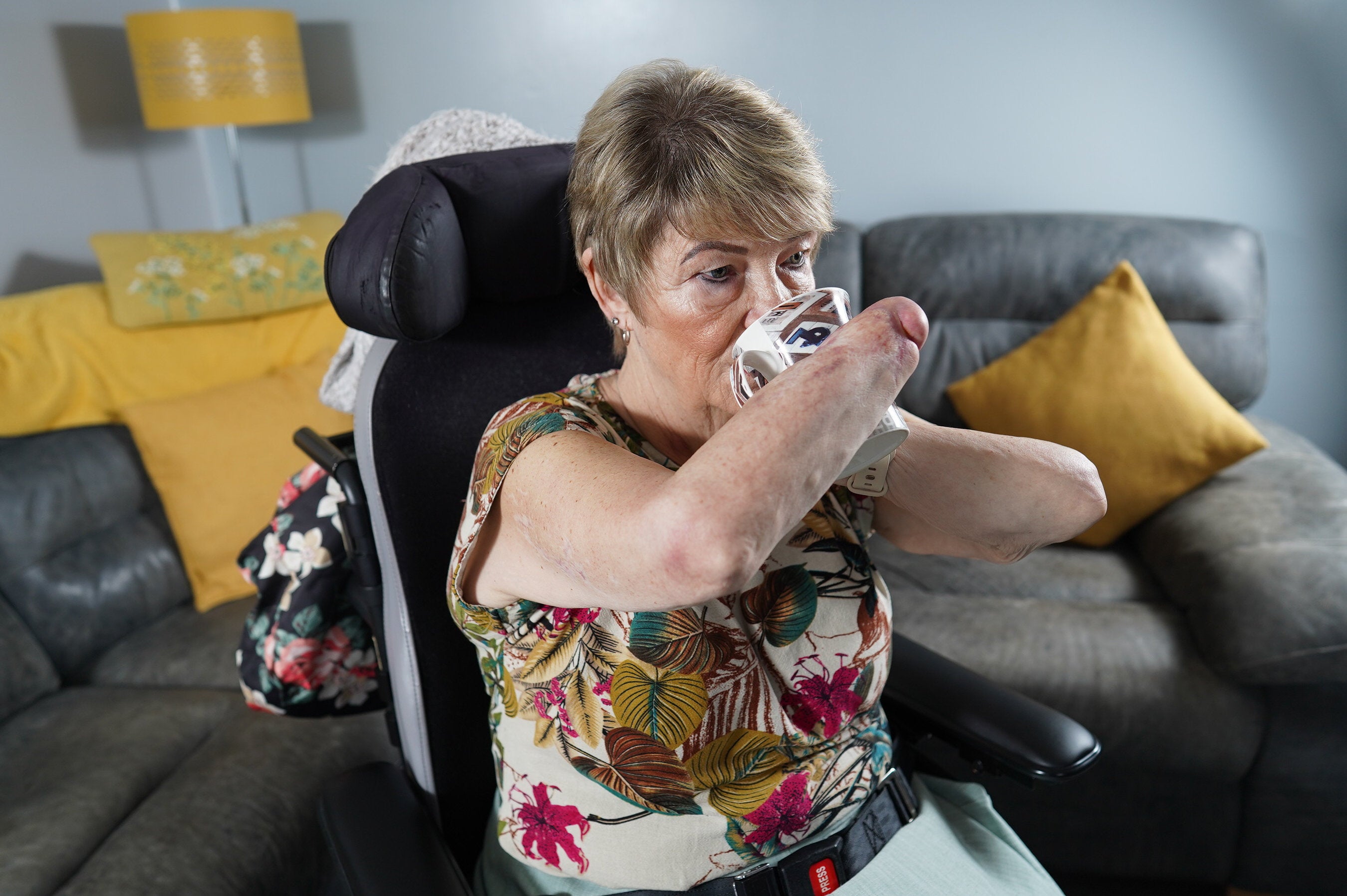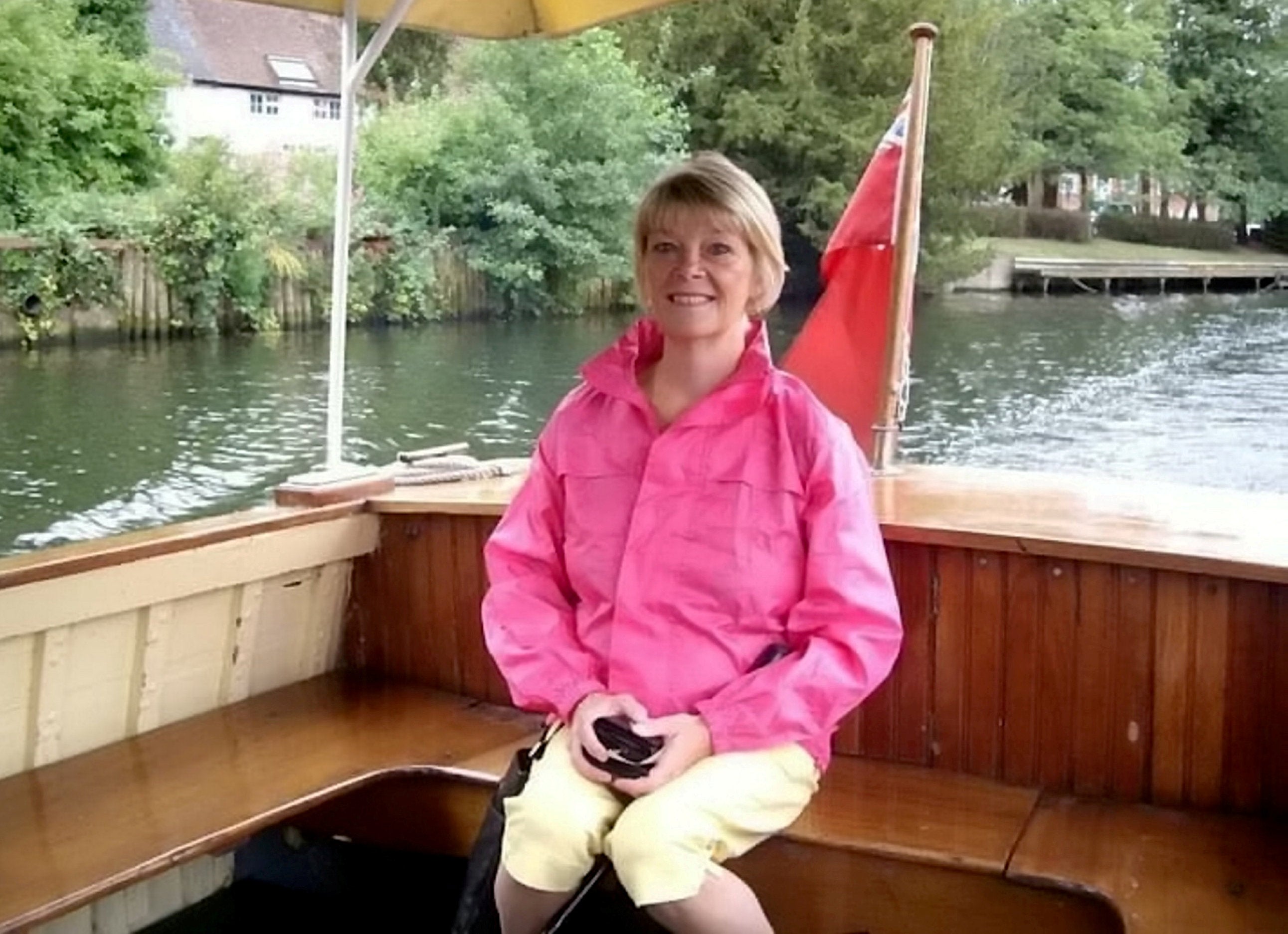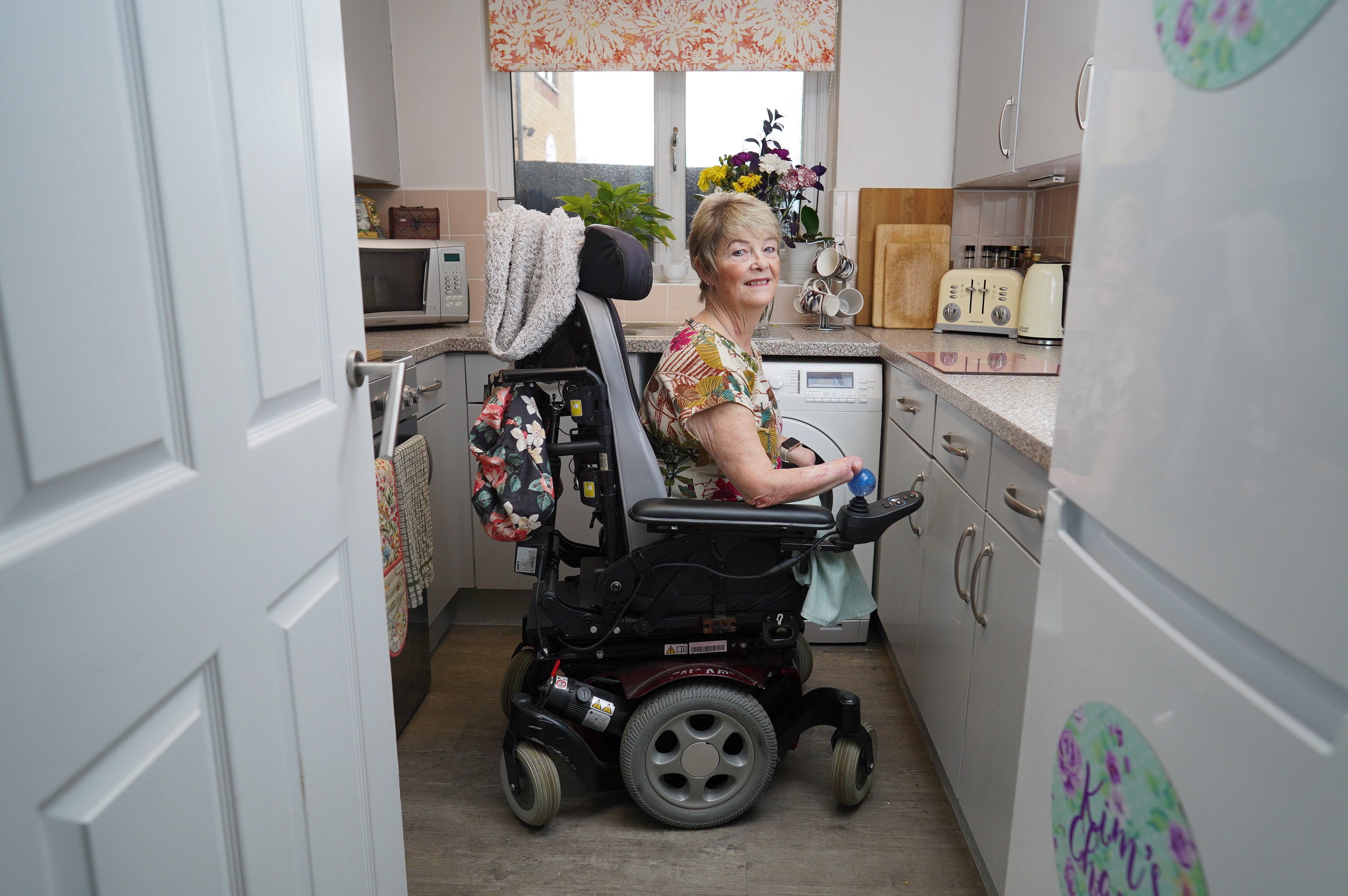Woman waiting on rare double hand transplant says she wouldn’t want man’s hands
Kim Smith from Milton Keynes says she was warned she would face a much longer wait if she only accepted hands from a white female

Your support helps us to tell the story
From reproductive rights to climate change to Big Tech, The Independent is on the ground when the story is developing. Whether it's investigating the financials of Elon Musk's pro-Trump PAC or producing our latest documentary, 'The A Word', which shines a light on the American women fighting for reproductive rights, we know how important it is to parse out the facts from the messaging.
At such a critical moment in US history, we need reporters on the ground. Your donation allows us to keep sending journalists to speak to both sides of the story.
The Independent is trusted by Americans across the entire political spectrum. And unlike many other quality news outlets, we choose not to lock Americans out of our reporting and analysis with paywalls. We believe quality journalism should be available to everyone, paid for by those who can afford it.
Your support makes all the difference.A woman waiting on a rare double hand transplant says she would not want hands from a man.
Kim Smith, 61, said she would prefer not to be given male hands and claims she was warned she would face a much longer wait if she only accepted hands from a white female.
Ms Smith, from Milton Keynes, Buckinghamshire, said the question came during a psychology talk in June 2021 at Leeds hospital.

“It's just to see whether you're mentally suitable to have the transplant. I want them to be small hands. Before the amputations I was 5ft 2in. I had petite hands,” she said.
The former hairdresser, from Milton Keynes, lost both her hands and feet after a urinary tract infection led to sepsis and nine weeks in a coma following a 2017 holiday to Spain.
Ms Smith said she would also prefer to have a new pair of hands that matched her skin tone as closely as possible.
Ms Smith is now anxiously awaiting a phone call to tell her that a donor has been found and the transplant can go ahead.
She also revealed how her husband Steve Smith, 64, had promised her a new wedding and engagement ring and a Pandora bracelet when she gets her new hands.
Ms Smith said: “He’s promised me the new rings - we’ll probably go shopping once I get my hands.

“There’s no point shopping without the hands - we don’t know what size I’ll be.
“I still wear my wedding and engagement ring on a chain around my neck but I’m holding him on his promise for new ones.”
Professor Simon Kay, the surgeon who is likely to carry out the procedure, said: “We all vary enormously to the degree we will accept variations from our own natural appearance.
“If the transplanted hands are not accepted by the recipient there is great potential for psychological rejection leading to noncompliance with immunosuppressive medication and eventually therefore to immunological rejection.
He explained the patient must also be accepting with the physical appearance of their new limb, as if they do not like how it looks, they might stop taking medication to ensure their body doesn't reject it.

Six years ago Ms Smith became a quadruple amputee after an infection led to sepsis- causing her immune system to overreact and damage tissue in her limbs.
She has now become a candidate for the rare surgery in which surgeons will join every tendon and nerve of two donor hands to hers.
Ms Smith currently lives in a non-wheelchair friendly two-bed bungalow and has said she feels “demoralised” by the lack of support from her council to rehome her.
She said: “I was naive at the time, I didn’t know anything about accessibility needs so trusted the Occupational Therapist to tell me if the house was accessible for me.

“I commented at the time that I thought the doors were a bit narrow but she said they were fine. Ever since then I’ve struggled in this house.”
A Milton Keynes Council spokesman commented: “We’re actively searching for an acceptable property to which we can make further adaptations.”
A spokesperson for NHS Blood and Transplant said: “Only one per cent of people die in circumstances where any form of organ donation is possible.
“When it comes to limb donation, the donor has to die within a certain proximity of the hospital and be a suitable match for one of the patients waiting for transplant.
“The best way everyone can help make more transplants possible is to register your support for organ donation generally on the NHS Organ Donor Register and speak with your friends and family about specific forms of donation.
“Families are more likely to support donation when they know it is what their loved one wanted.”
Join our commenting forum
Join thought-provoking conversations, follow other Independent readers and see their replies
Comments